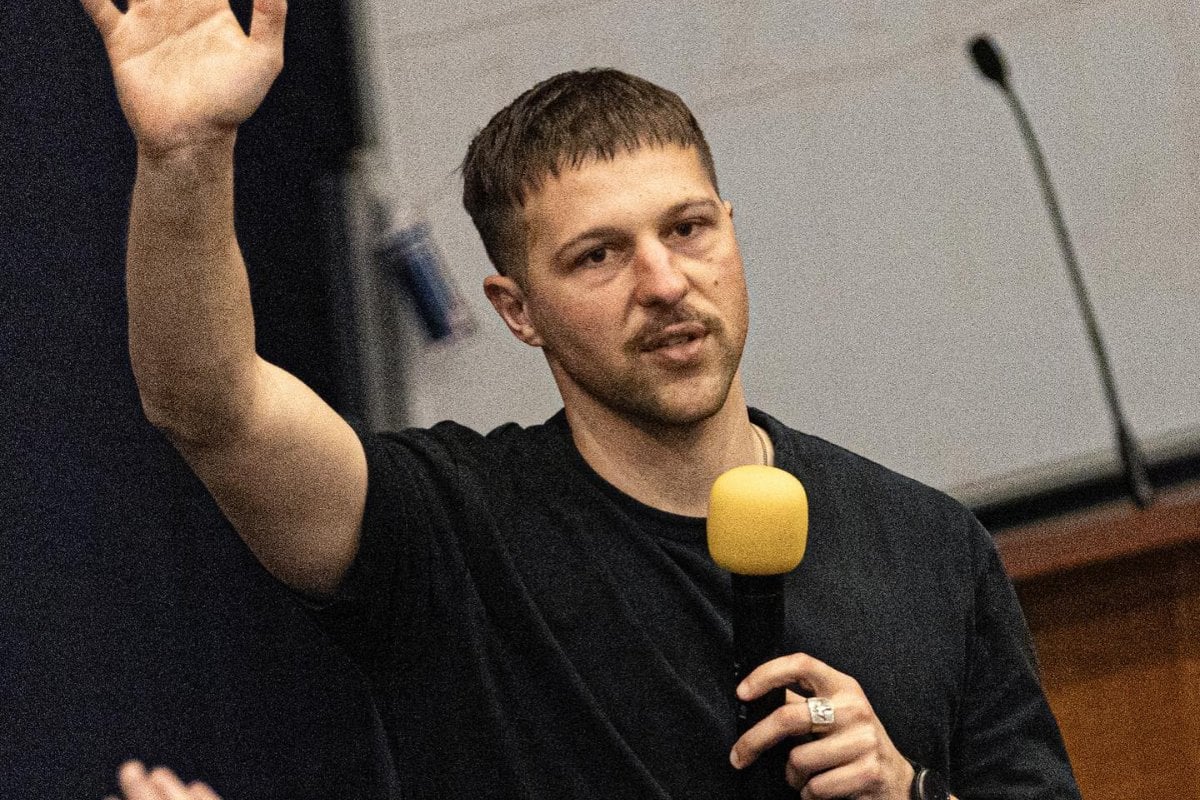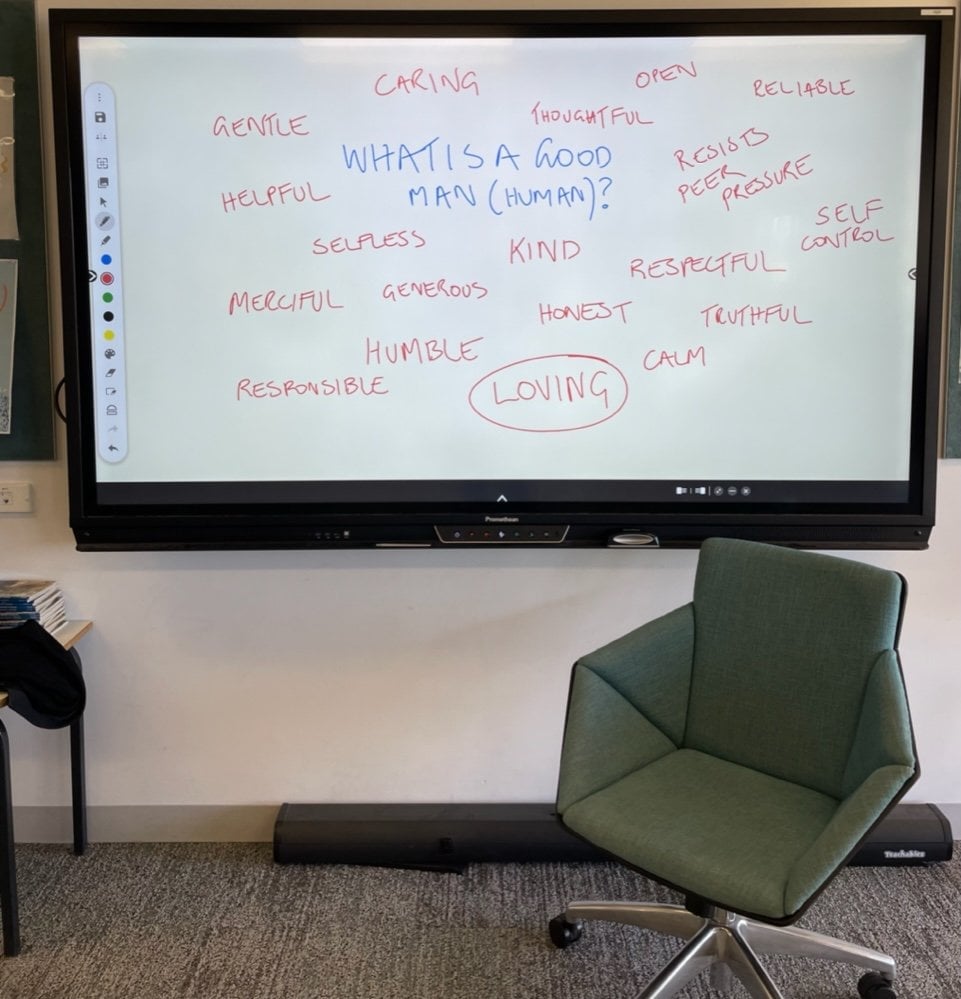
Adolescence and puberty is a tough time for everyone. But I really feel for young people today who face challenges unlike any other generation.
When I went through high school, the most mischief I could get up to with my Nokia 3310 was playing snake at the back of a school bus. It also meant the bullying I experienced stopped once I got home. Tragically, that is not the same for teenagers today.
They are growing up in a digital world of pornographic pop-ups, sexbots, online predators, catfishing and live-streamed violence.
Watch: A snippet of the Four Corners investigation into Sydney boys' school Cranbrook. Post continues after video.
In my work, I’ve heard from tens of thousands of students and teachers from every type of school across Australia. Sadly, what I am witnessing in all high schools is a growing callousness and lack of empathy among youth. But this shouldn't surprise any of us when you take a look at the predominant culture shaping young people’s growing identities.
It’s not their fault — they didn’t create these digital platforms hijacking their limbic systems, yet they have to navigate them.



Top Comments